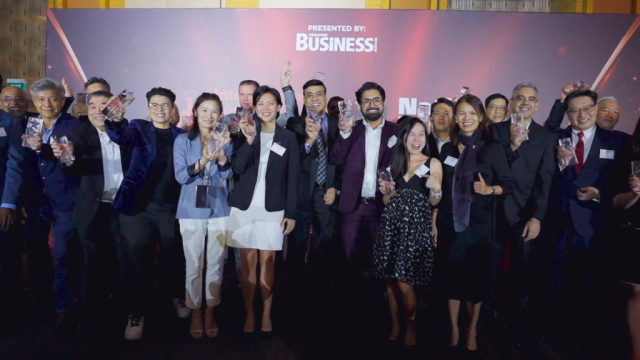
Non executive directors under pressure on executive pay
Julia Smith, Singapore Practice Leader for Performance & Reward, Ernst & Young, shares the concerns in the boardroom on executive pay and the shifts in approach to Board governance.
Q: What are some of the Board’s concerns in terms of proper risk controls and disclosures of executive pay?
“Directors are increasingly worried about executive pay because of continued scrutiny by shareholders and media. Criticisms of executive pay have two related themes: It is too high, and it is not closely related to company performance. However, these can be managed through a well-designed rewards program. Compensation risk must be taken as seriously as other elements of a company’s risk management strategy.
In terms of disclosures, rather than simply adhering to minimum regulatory requirements or replicating prior year disclosures, Boards should take an active role in crafting key messages that accurately and persuasively reflect their thinking and judgments about executive compensation. Boards should also disclose with greater clarity how incentive packages are designed to encourage long-term outlook and to reward steps toward achieving long-term strategies.”
Q: What about the role of independent non-executive directors?
“Independent non-executive directors (INEDs) are expected to shoulder a greater corporate stewardship role and provide active oversight with increasing responsibilities and time commitment. In Singapore specifically, we are likely to see board diversity increase as INEDs are selected based on the unique and needed experience that they bring to a specific company. The role will be more demanding, and take more time. As a result, we could expect INEDs to sit on fewer boards and receive higher compensation for their increased contribution.”
Q: How do you see Boards changing the way they work this year?
We expect to see a revised approach to Board governance:
· A more engaged board. Board members will find ways to engage with management far more often and in a less structured way than under traditional arrangements, without crossing the line into management’s activities.
· Truly independent oversight. The board leadership approach would be strengthened, with the non-executive chairman or lead director having much more influence over the board agenda, composition and functioning. Committee chairs and other non-executive directors would have more say on what is discussed in meetings.
· Stronger shareholder involvement. We envisage shareholders having more influence over the board of directors. Board members would listen, reflect on, and, when appropriate, act on investors’ perspectives.
· Closer interworking with regulators. Boards would increasingly want to understand the regulator’s concerns and share perspectives.
· Greater time commitment. The time required of a board member is an outcome of the work required, not a design parameter in itself. Directors would spend considerably more time, as the expectations on them continue to mount.
























 Advertise
Advertise










